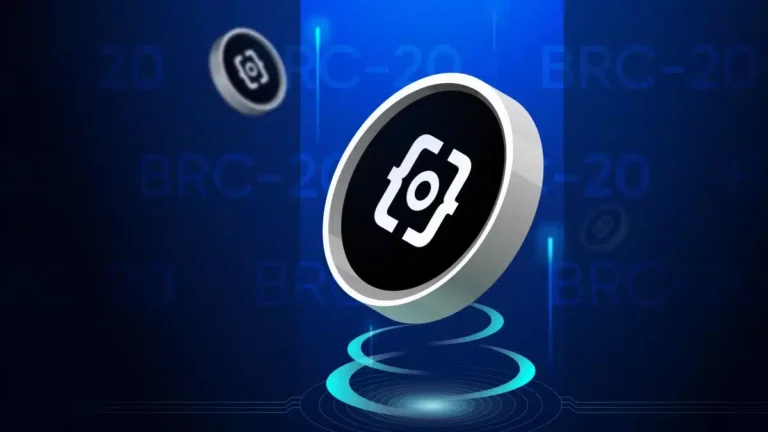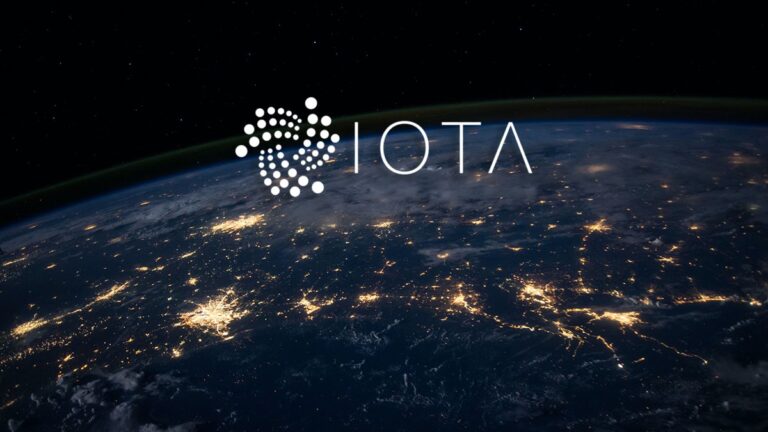Cardano’s Regulatory Classification Debate: Is It the ‘Ethereum Killer’ or a Security?

- Cardano, often called a third-generation cryptocurrency and an “Ethereum killer,” faces debate over its regulatory classification.
- Unlike Bitcoin, which the SEC explicitly deems “not a security,” Cardano’s status remains uncertain, prompting criticism from Cardano founder Charles Hoskinson.
In the ever-evolving world of blockchain and cryptocurrencies, Cardano has earned a reputation as a potential “Ethereum killer” and a third-generation cryptocurrency. However, its regulatory classification remains a contentious issue, stirring up debates and drawing attention to the divergent approaches taken by regulatory bodies.
This ongoing issue was brought to the forefront in a recent post on Binance Square, shedding light on the Securities and Exchange Commission’s (SEC) treatment of various cryptocurrencies. While Bitcoin has received explicit recognition from the SEC as “not a security,” Cardano’s status remains ambiguous, leading to criticism from Cardano’s founder, Charles Hoskinson.
Hoskinson’s recent stream took a critical stance towards the SEC’s seemingly lenient approach to Bitcoin. He questioned why Bitcoin is not subjected to the same scrutiny as other cryptocurrencies, emphasizing concerns about Bitcoin’s decentralization. Hoskinson pointed out that more than half of Bitcoin’s hash rate could be controlled by just three hash pools, a fact that contradicts the SEC’s perspective on Bitcoin’s decentralization.
The Impact on Cardano’s Market Position and the Future of Crypto Regulation
In response, crypto influencer Adam Black noted that Bitcoin’s exemption from the “security” label stems from its unique history. Bitcoin’s ICO-free beginnings, lack of a centralized authority, and transformation from a valueless asset set it apart from other cryptocurrencies that often underwent Initial Coin Offerings (ICOs).
However, Hoskinson argues that Cardano’s initial distribution did not align with the traditional ICO model. Instead, it involved an airdrop and the subsequent trading of ADA tokens by a diverse group of individuals. He further emphasized that a voucher sale conducted in Japan, unrelated to the U.S., should not be equated to an ICO for ADA. Nevertheless, Cardano’s official website acknowledges a form of ICO, as ADA vouchers were sold in Japan, with substantial sales conducted in Bitcoin.
This ongoing debate about the classification of cryptocurrencies like Cardano underscores the need for regulatory clarity in the crypto industry. The United States has yet to establish comprehensive guidelines, leaving figures like Hoskinson to voice their concerns about the perceived inconsistency in the SEC’s approach to different crypto assets.
The outcome of this debate not only impacts Cardano’s position in the market but also plays a pivotal role in shaping the future regulatory landscape of the cryptocurrency sector. The resolution could have far-reaching implications for both Cardano and the broader crypto market.











